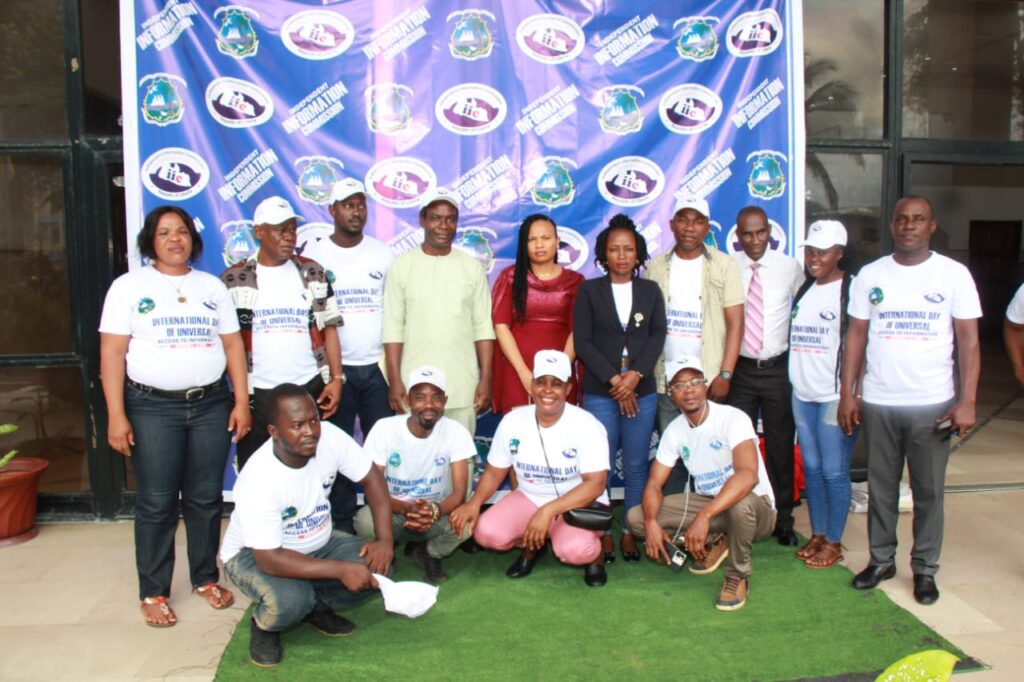- In August, the US government announced sanctions against three of the most prominent officials in the Liberian government, including the president’s chief of staff, Nathaniel McGill, for corrupt activities. The president subsequently suspended them, and they all resigned in September, but no formal investigation had been launched by the end of the year.
- Legislation passed in July that granted Liberians the right to hold dual citizenship, enfranchising Liberians who had lived in diaspora. Critics claimed that the president only passed the law because his son lives abroad and his wife is Jamaican, and that the consequences of the law would ramp up foreign investment at the expense of local people—citizenship is required to own land in the country. The amendments did not remove the law’s requirement that individuals have African ancestry in order to be citizens.
Testing to see what happens – Pres. Boakai

Liberia’s president is directly elected and can serve up to two six-year terms. Since the end of the civil wars in 2003, Liberia has had three peaceful presidential elections. The most recent election, held in 2017, which brought current President George Weah of the Coalition for Democratic Change (CDC) to power after he won a run-off against Unity Party (UP) candidate Joseph Boakai, was assessed by domestic and international observers as generally peaceful and credible, though difficulties in its administration included long queues at polling places and challenges related to voter identification.

Great job – many thanks to the IIC for such initiative.
What is life without beer?